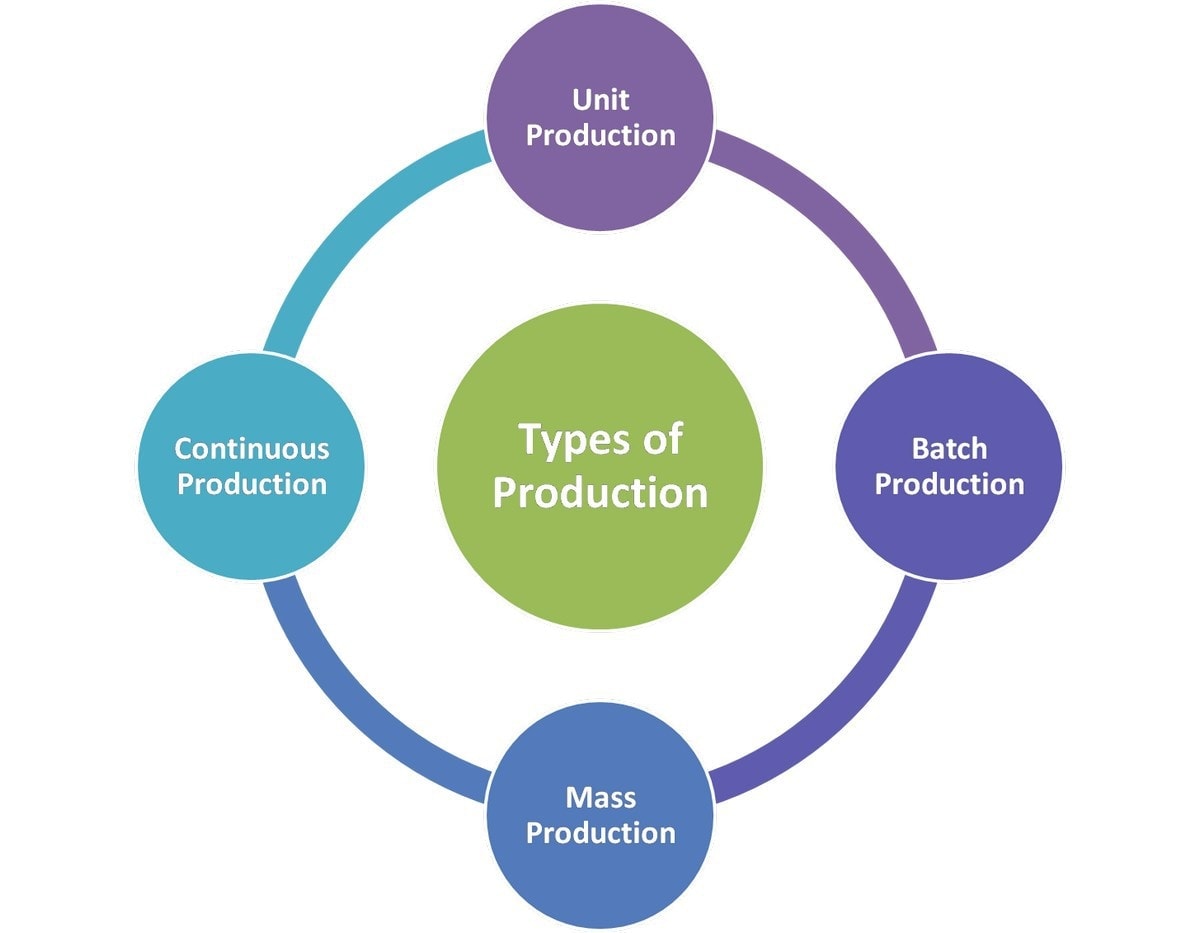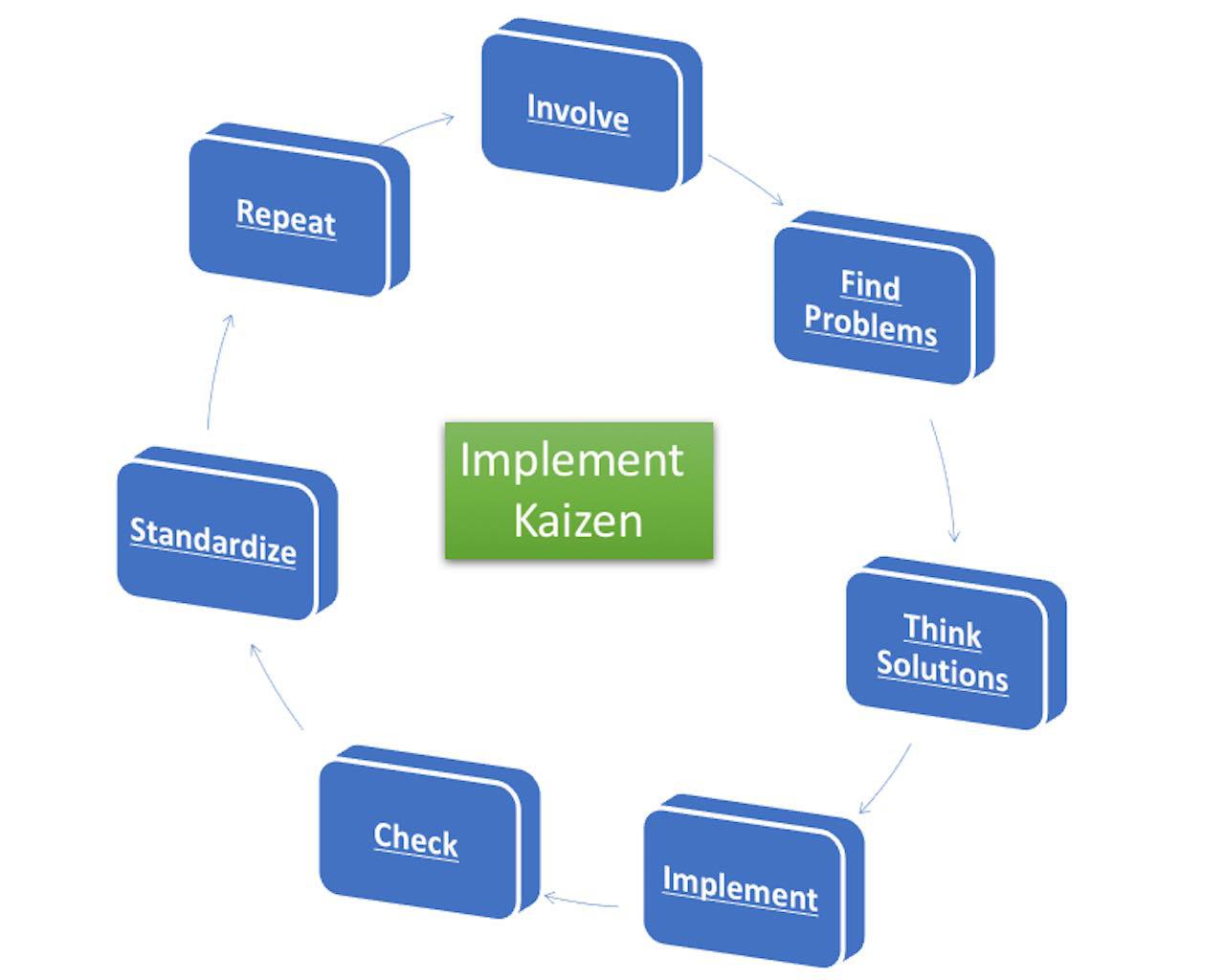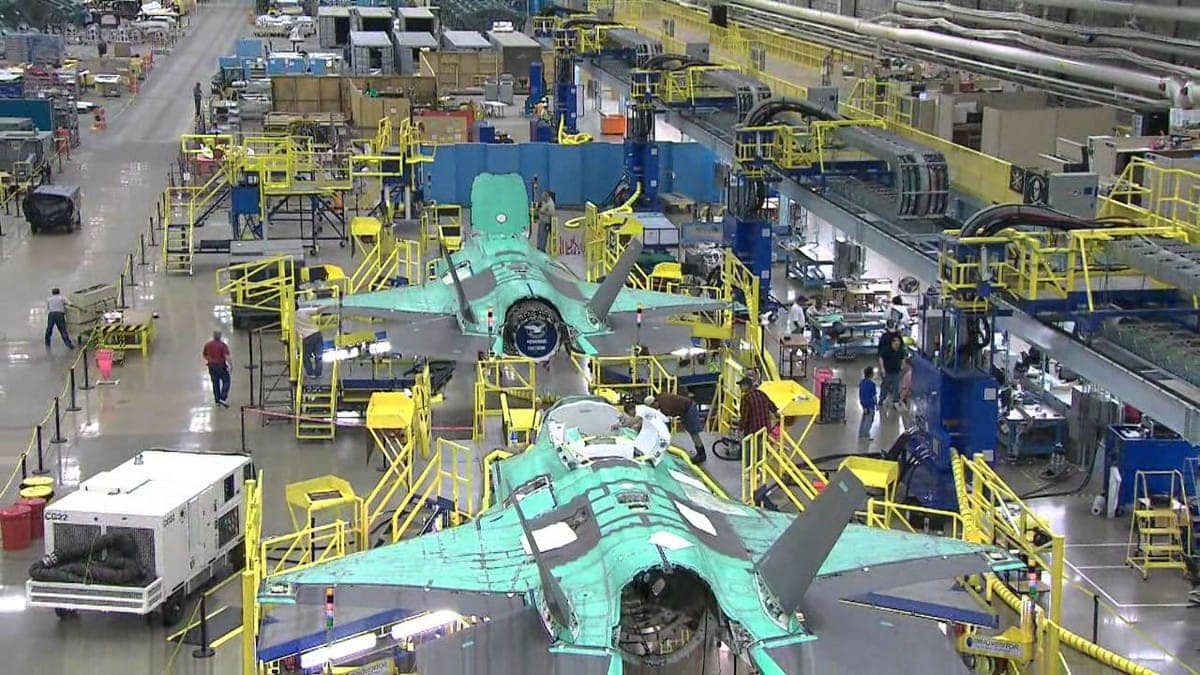There are 4 different types of productions which are most commonly used. Which type of production should be used by the company depends on the…
Operations Management
Learn about efficient production & delivery processes with our Operations Management category. Maximize resources & improve performance.
7 Steps to Implement Kaizen in your Organization
Kaizen is the process of Continuous improvement wherein changes are made to the organization’s process either in one go or Step by step. One of…
Four Factors Of Production And Their Role In Economy
Production by definition is the utilization of available economic resources to create things that satisfy human wants e.g. wheat and maize. It, however, is not…
What are Operational Decisions and Their Role in Business?
In the dynamic world of business, operational decisions hold the key to efficiency and success. They’re the day-to-day choices that keep an organization operating smoothly….
What is Absorptive Capacity? Definition & Explanation
Absorptive capacity is an important concept for business owners in many industries. It refers to the ability of an organization to recognize and absorb new…




